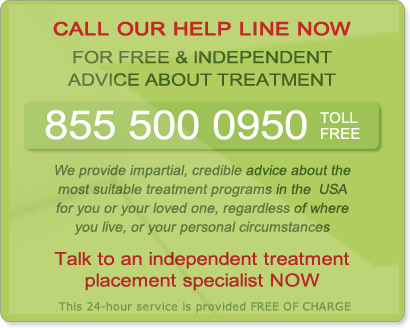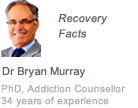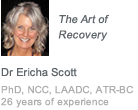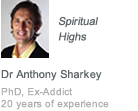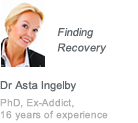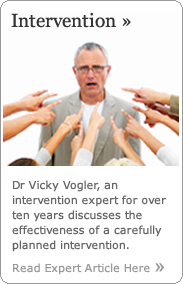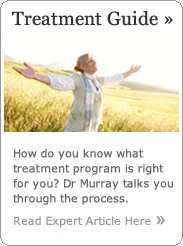Vicodin Addiction
Vicodin addiction can happen to almost anyone. Many Vicodin users start out taking the drug because it is prescribed by a physician for pain management. They often end up self medicating because of an addiction to the drug’s effects.
What is Vicodin Addiction?
Vicodin addiction is a very serious problem as it involves both chemical and psychological dependency. It is one of the most common forms of drug abuse. Vicodin addiction does not discriminate and affects all types of users from all walks of life and all socioeconomic and cultural backgrounds. Vicodin is a powerful opiate which is a combination of acetaminophen and hydrocodone.
Vicodin addiction can sneak up on a user very quickly. It often starts out with the user simply taking a few pills a day to cope with pain and ends with the user having a full blown addiction to the drug. The effects of Vicodin are short lived so users end up taking the drugs every four to six hours to stave off withdrawal and remain in a sedated state. The addiction grows as users need more of the drug to try and reattain the initial high. This becomes harder to do as the body naturally builds up a greater defense against the drug’s effects, forcing the user to take higher and higher dosages.
Effects of Vicodin Addiction
Vicodin addiction is so dangerous because it makes many users feel as if they are unable to function without the drug. The addiction can cause users behavior to become erratic and will make them increasingly desperate to acquire enough Vicodin to keep going. Prolonged use and abuse of Vicodin has long term effects on the physical health of an addict, and the degree of illegal activities they might be prepared to be involved in to feed their habit has other risks and dangers too. Here are a few of the most prominent effects that Vicodin users experience and that those who know them well might notice:
- An inability to concentrate
- Inexplicable drowsiness
- Extreme moodiness and mood swings
- Agitation and general anxiety for no apparent reason
- Irritability and short-tempered outbursts at nothing
- Night sweats
- Muscular problems such as cramps, seizures and the like
- Problems focusing and a general deterioration of vision
- Constricted pupils
- Lethargic behavior and general lassitude
- Jaundice caused by liver damage affecting both the skin and the eyes
There are a number of warning signs of Vicodin dependency with many users taking more of the drug than originally prescribed by their physician.
Treating Vicodin Addiction
Although Vicodin addiction does impact the behavior and mood of users; it is important to remember that users are often simply victims of circumstance. They did not intend to get addicted to the drug. It happened, but they should not be blamed for their addiction. Society and the legal system are very quick to judge drug abusers, to get them out of everyday life and in the penal system without ever discovering the story behind the addiction. Many users turn to drugs to treat intense physical and emotional pain. Anyone seeking to kick their addiction should seek professional help first.
The best treatment options are often holistic. Recovery programs and inpatient treatment centers are the best options for treating long term users. The initial detox and withdrawal process can be very difficult physically and emotionally – trained staff are best placed to help users through the process. While this addresses the physical component, addicts also need help dealing with the toll that drug use has taken on their whole life. This means dealing with the core issues that prompted the original use and making sure that the user has enough understanding never to go back there again.
Recovering From Vicodin Addiction
Recovering from drug addiction is a life long journey. It involves acquiring skills to cope with physical and emotional issues that may occur in the future. Strength of character, a determination to live well and the ability to heal and forgive yourself are all part of sustained recovery. But the journey starts with just a few basic steps:
- Admitting that an addiction exists.
- Identifying and learning where it started and what caused the problem
- Accepting that underlying issues that remain unexplored can be harmful
- Understanding that addiction is a form of self harm
- Adjusting behavior
- Learning skills to deal with tension
- Embracing a new actions, thoughts, ideas
Recovery is not an easy process but it can be successful with the help of a trained medical professional and the support of a nurturing community.


